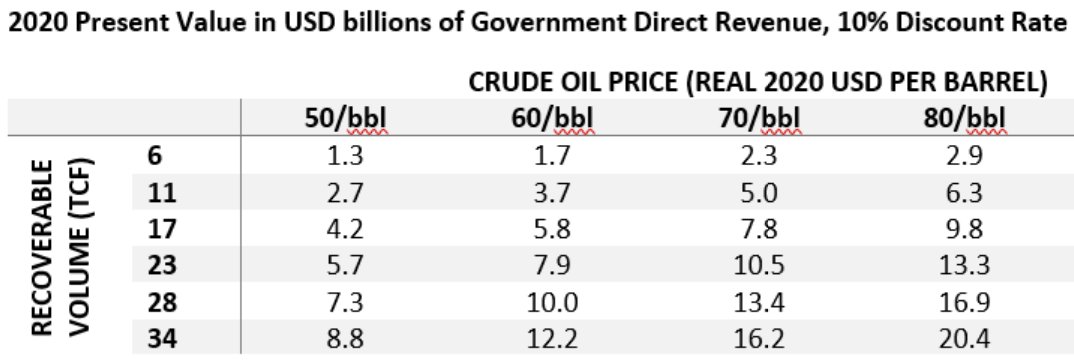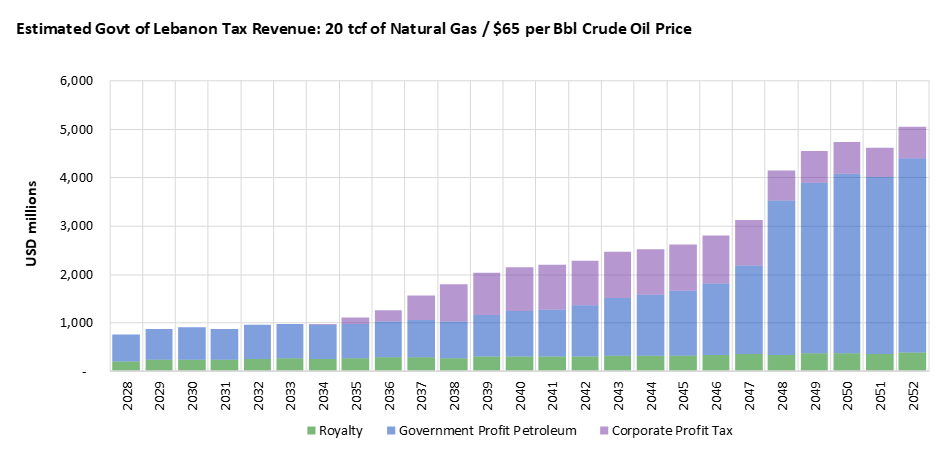Pre-judgement attachment is when an asset is restrained pending trial/judgement by a court to protect a plaintiff's ability to collect if it wins.
Post-judgement attachment is when the asset is seized to make good on an award/judgement already made by a court.
casetext.com/case/sal-v-rep…










